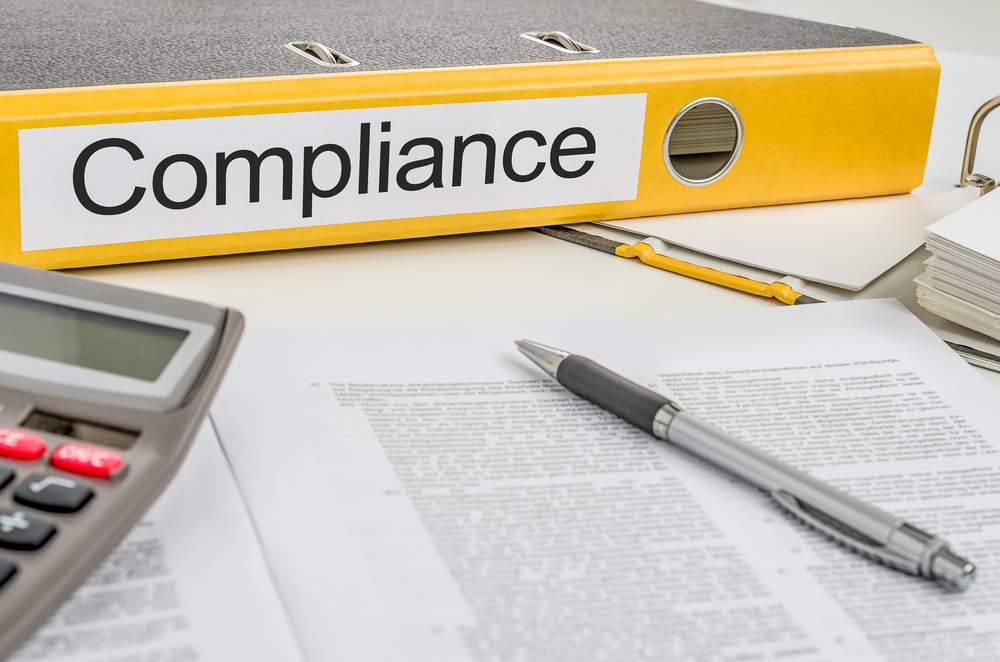Get The Facts on Your Trust Accounting Responsibilities
Trust money is any money you receive from a third party that is required to be held in a trust account on someones behalf. Unlike general business accounts, trust accounts accrue no interest and incur no charges. There are strict guidelines as to how to set up and manage your agency’s trust account and strict policies on how to record and report trust account activity.
In NSW the Property, Stock and Business Agents Regulation 2014 under the Property, Stock and Business Agents Act 2002 details specifics on trust money including banking, record keeping, receipts, payments and exemptions. Therefore, it is imperative to be familiar with the stringent regulations in place. It will help to avoid any nasty investigations with the Office of Fair Trading after your annual independent audit.
The Office of Fair Trading is diligent in tracking agencies that deposit incorrect money into trading accounts as opposed to trust accounts. By doing this they look to benefit from the interest accrued from third party monies. Since this is severe infringement it can result in major headaches and potential fines for agents and their agencies.
So let’s discuss the basics of trust money. As an agent, your most common examples of trust money that must be deposited into a trust account are:
- Residential rent
- Residential bonds
- Commercial & retail rent
- Commercial bonds (excluding bank guarantees)
- Strata levies or body corporation fees
- Payment for goods, chattels and equipment
- Sale deposits
These are the most common and easy to understand trust monies you may receive. There are some additional trust monies that are renowned for tripping up even the most conscientious of agents. It is essential to understand that the following monies received are to be deposited into your trust account. Not a general business account. These include:
Expressions of Interest
An Expression of Interest (EOI) is a non-binding offer of good faith on a sale or lease of any piece real estate. Despite the fact that you can fully refund an EOI, if a sale or lease does not proceed, you are to deposit it initially into your trust account. If needed, you can therefore refund the recipient from the trust account and record it appropriately.
Holiday Bonds
You must deposit all holiday bonds even with the shortest tenancy into a trust account. It is the same way that you record residential and commercial bonds. Despite the fact it is not a requirement to lodge them with the Rental Bond Board (RBB).
Vendor Paid Advertising
The receipt of vendor paid advertising continues to cause confusion amongst agents. Vendors will deposit marketing funds in advance prior to the sale of their property. Any fees received in advance for advertising of the sale of lease of land, properties or businesses are trust money. Hence you are to deposit it into your trust account.
In conclusion, be sure that you’re across all your responsibilities and legislative requirements. Allocate trust money correctly and save yourself any future headaches.
Finally, if in doubt, err on the side of caution and deposit monies into the trust account. Consequently, there is always a clear audit trail and it is easily traceable and explainable to your auditor or regulator.
We LOVE to receive your comments, feedback and questions (especially the hard ones).
Connect with us on Facebook, LinkedIn & Twitter.
~ Jane Morgan is the Director of End of Month Angels, a consultancy firm specialising in Trust Accounting. Jane knows the legislative requirements of running a successful Real Estate office through her 18 years industry experience. Don’t trust just anyone with your trust accounting. Trust End of Month Angels and get back to what you do best – growing your business.

